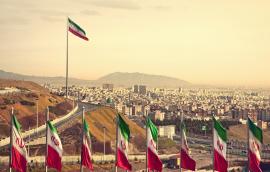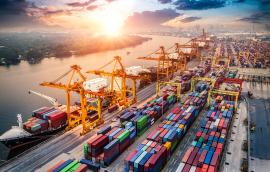Mr. Netanyahu Goes to Washington
Will Prime Minister Netanyahu’s speech before Congress lead to a diplomatic showdown on Iran?
Joe Barnes February 5, 2015







Well, the Iranian nuclear talks have been extended. Both sides in the negotiations — Iran and the P-5 plus 1 (The United…


